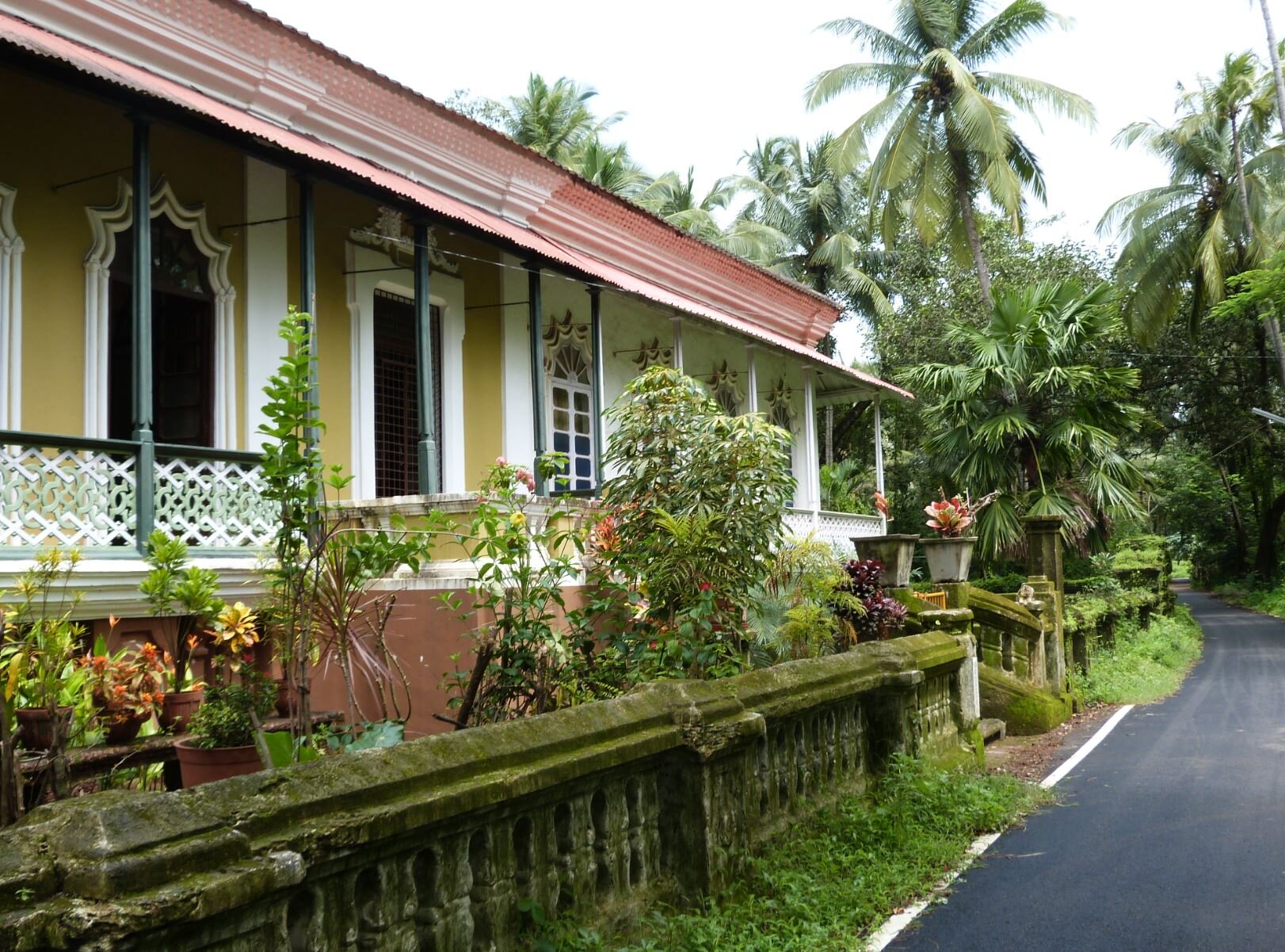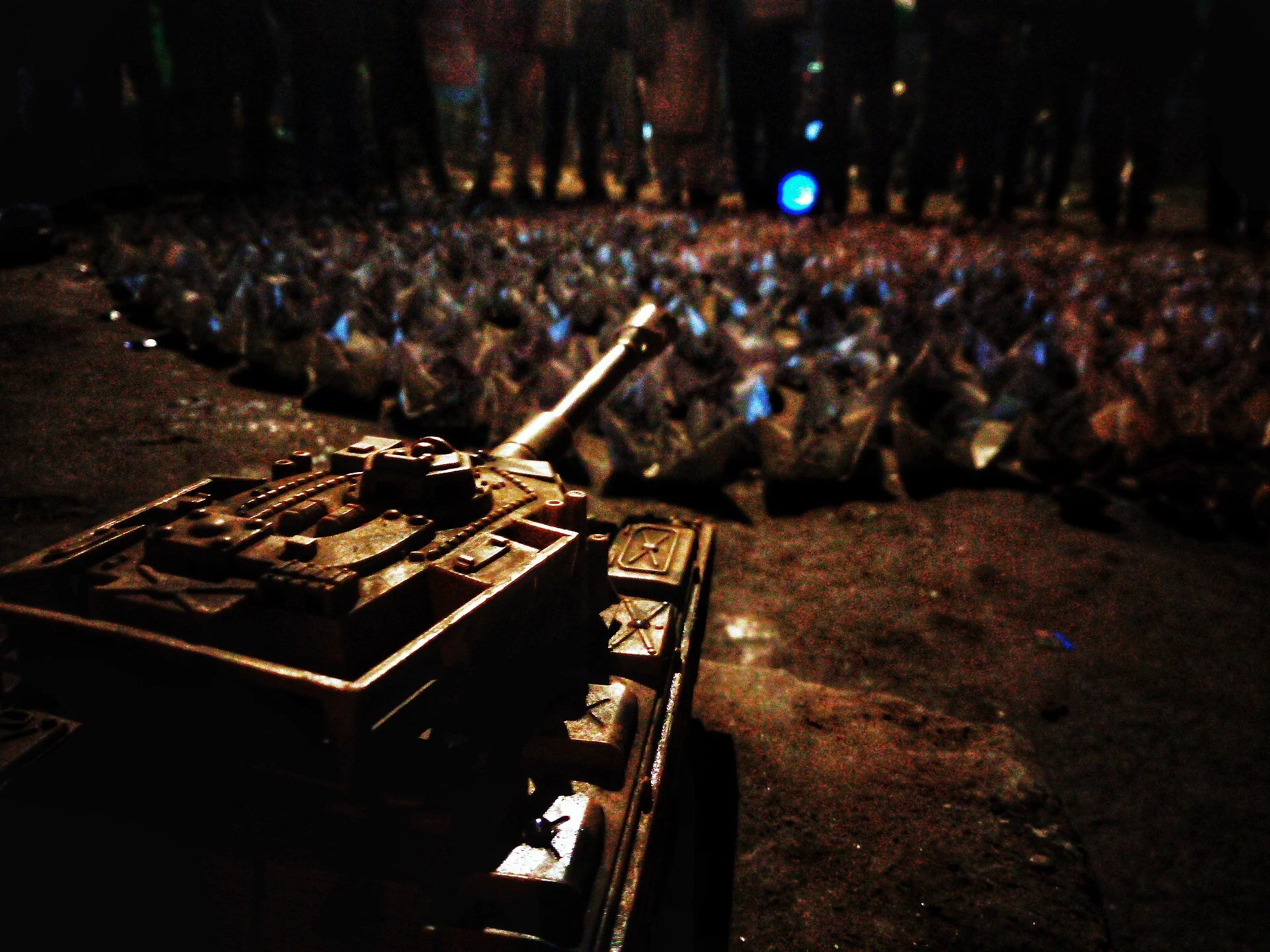By Selma Carvalho
Issue no 19
There is a kind of secular light which washes over Siddharth’s collection of poems titled A Moveable East (Red River, 2021), its 136 pages divided into seven sections. I say secular not because it shies away from the sacred but rather because he embraces the sacred with a purity of heart, embraces the universal goodness that lies at the core of each faith tradition, and claims as his own the unique voice of these faiths, their many moments of shadow and space.



















